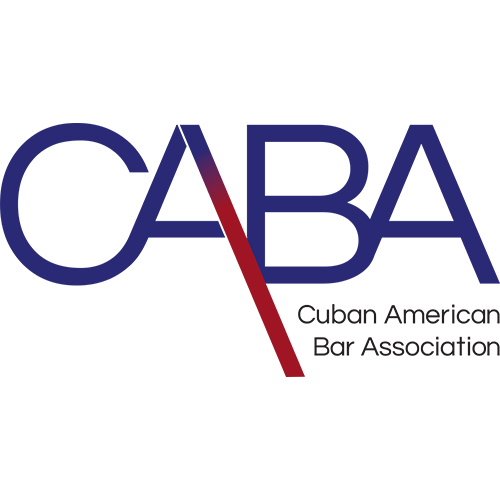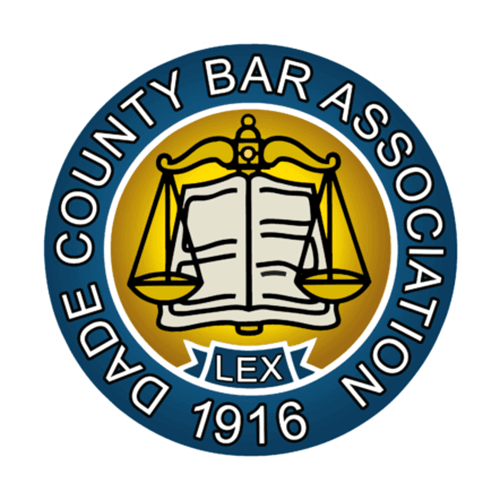Frequently Asked Questions about Nursing Home Injuries and Abuse
Q: If a resident of a nursing home has no contract with the home, can he or she still sue the home for improper care?
A: Yes, nursing home residents (or their survivors) who are harmed due to improper care by a nursing home may recover damages under several different legal theories, even in the absence of a contract. A resident might have a cause of action that arises out of negligent personal supervision and care, negligent hiring and retention of employees, negligent maintenance of the premises, or negligent selection or maintenance of equipment. In addition, a nursing home resident who has been abused can pursue damages for assault and battery.
Q: What rights do residents of nursing homes have?
A: The Medicare program requires nursing homes receiving funding to be free from verbal, sexual, physical and mental abuse, and any physical or chemical restraint that is imposed for purposes of discipline or convenience, rather than to treat a medical condition. Restraints may be used upon the written order of a physician who specifies the duration and circumstances under which the restraints are to be used, but only to insure the safety of the resident or other residents. If a nursing home is not regulated by federal statute, its residents will still have rights under state laws, which vary from state to state.
Q: What will happen if a nursing home resident complains of neglect or abuse?
A: Today, all states have a system for reporting allegations of abuse, neglect and exploitation of the elderly, for investigating the allegations. An investigation will usually include interviews with the resident, his or her family members, and nursing home staff and management. If the allegations are well-founded, adult protective services will provide services to the older person to try to remedy the problems and prevent their recurrence; however, there may be situations where the victim or the victim’s family do not feel satisfied or justly compensated for the injury or indignity suffered at the hands of the nursing home. In such cases, the resident or resident’s family member should speak to an attorney about bringing a civil action for damages against the nursing home. In addition, the circumstances may warrant a criminal prosecution.
Q: What qualifies as “neglect” in the nursing home setting?
A: Most states define neglect of an older person as the failure to provide him or her with services essential to health and safety, such as food, shelter, clothing, supervision, and medical care. Whether such failures are intentional, or simply careless, often will determine whether a case against a nursing home is framed as one for neglect or abuse.
Q: Does a visitor to a nursing home, rather than a resident, have any rights against the nursing home if he/she is injured there?
A: Yes, someone injured while at a nursing home can bring a civil claim against the nursing home under the law of “premises liability,” which addresses injuries sustained on premises that are owned or maintained by others as a result of a dangerous or unsafe condition on that property. The injured party would probably proceed under a negligence theory, alleging that some negligence, either in the maintenance of the premises or in hiring employees, resulted in his or her injury.
Q: Why are neglect and abuse so common in the nursing home setting?
A: Several factors have been shown to contribute to the abuse or neglect of nursing home residents, including: poorly qualified and inadequately trained staff; staff with a history of violence; inadequate numbers of staff; the isolation of residents; and, the common reluctance of residents to report abuse out of embarrassment or fear.
Q: How can acts of abuse or neglect by a nursing home be remedied in legal proceedings?
A: An act of abuse, neglect or exploitation of an older person might give rise to one or all of the following types of proceeding: 1) an investigation and finding by an adult protective services agency; 2) a civil cause of action for damages; and/or, 3) a criminal prosecution. These proceedings have different objectives: the objective of a protective services investigation is to provide immediate help and relief to the victim and prevent further harm; the civil action is to redress damages; and the criminal prosecution is to punish the harmful conduct.
Q: What constitutes “exploitation” in the nursing home setting?
A: Many states define exploitation as the wrongful use of an older person’s resources for another person’s profit or advantage. Some definitions refer simply to the “misuse” of the person’s funds, property or person, while some states specify that, to qualify as exploitation, resources must have been obtained without the older person’s consent, or obtained through undue influence, duress, deception or false pretenses.
DISCLAIMER: This site and any information contained herein are intended for informational purposes only and should not be construed as legal advice. Seek competent legal counsel for advice on any legal matter.





